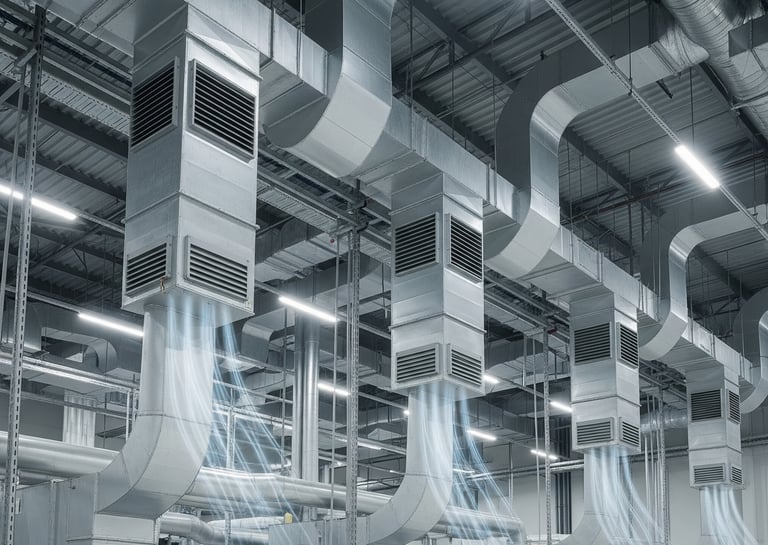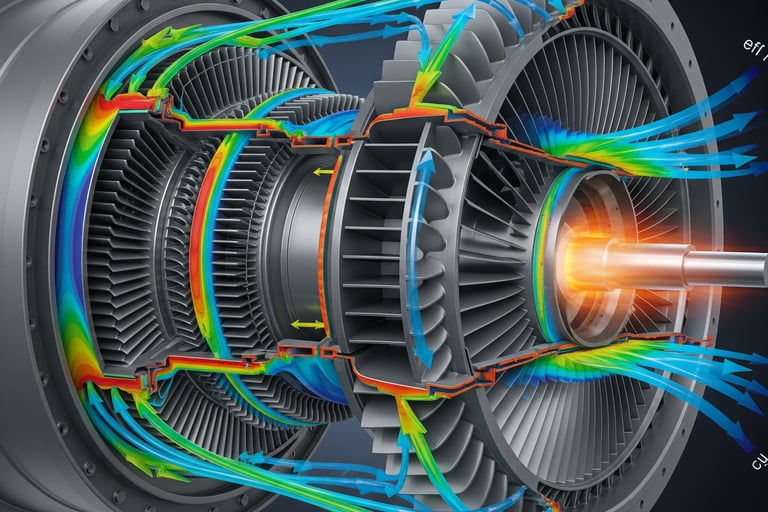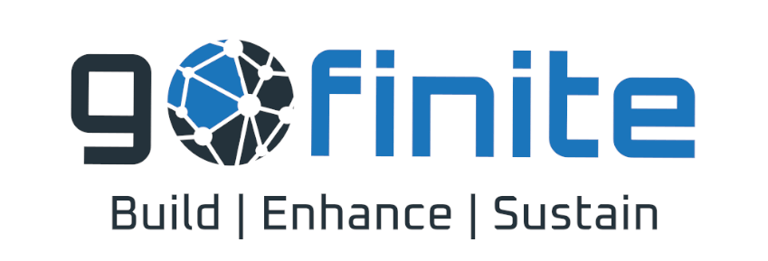Energy Engineering
The energy sector is changing fast - new technologies, new regulations, and new markets. Unfortunately the role of uncertainty is increasing with the inclusion of greater fractions of renewable energy, new generation technologies, fuel price volatility, and fractious regulatory environments. We possesses the technology to support simulations and decision making in the face of uncertainty. From equipment level to power grid robustness and stability, demand forecasts, and system wide simulations, uncertainty quantification can help improve reliability, efficiency, and safety.
When tight tolerances and decreasing variability in component performance can yield large returns, uncertainty quantification becomes a competitive necessity: reducing costs, improving durability and uptime, and maximizing efficiency across variable operating ranges. Go-finite helps turbomachinery designers understand the sources of variability, their impacts on performance, and the most cost effective ways to increase design robustness.
Applications in Energy Engineering
Thermal and Fluid Analysis: CAE simulations are used to analyze thermal and fluid dynamics in energy systems, such as heat exchangers, pipelines, and power plant components. This helps engineers optimize system performance, reduce energy losses, and improve efficiency
Multiphysics Analysis: CAE simulations can handle complex multiphysics phenomena, such as heat transfer, fluid flow, and structural mechanics, which are essential in energy engineering. This allows for detailed analysis of systems like power generation, transmission, and distribution
Optimization of Energy Systems: CAE simulations can be used to optimize energy systems, including power plants, transmission lines, and distribution networks. This helps reduce energy losses, improve efficiency, and enhance overall system performance
Design and Analysis of Energy-Related Components: CAE simulations are used to design and analyze various energy-related components, such as turbines, generators, and heat exchangers. This ensures that these components operate efficiently and reliably





Benefits of Simulation in Energy Engineering
Improved Efficiency and Reliability: CAE simulations help optimize energy systems, reducing energy losses and improving overall efficiency and reliability.
Reduced Development Time and Costs: CAE simulations enable engineers to test and optimize energy systems virtually, reducing the need for physical prototypes and the associated costs and time.
Enhanced Safety and Risk Reduction: CAE simulations can identify potential safety risks and optimize energy systems to minimize these risks, ensuring a safer operating environment.
Increased Productivity and Innovation: CAE simulations empower engineers to explore innovative designs and concepts, accelerating the development of new energy technologies and improving overall productivity
CONTACT US
If you're interested in hearing more about the way we work, have a business proposal, or are interested in opting a service, we'd love to hear from you.

Gofinite Ventures LLP
LLPIN : AAU-5144
